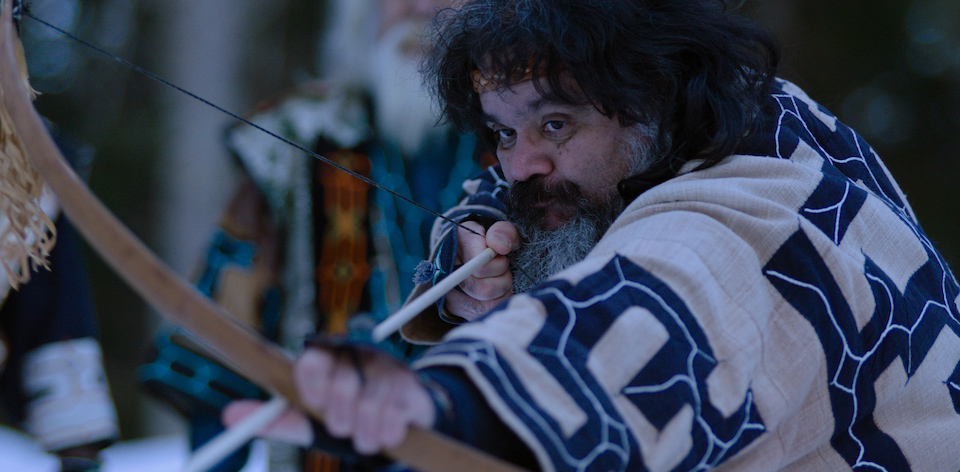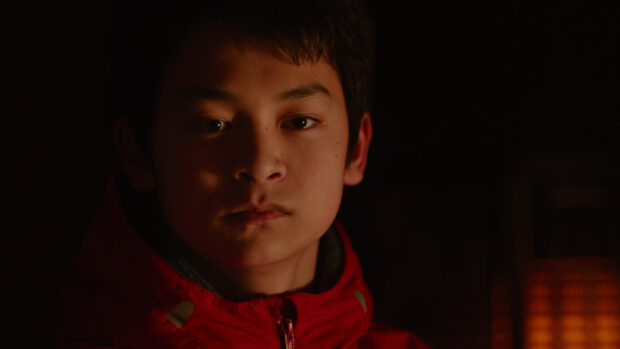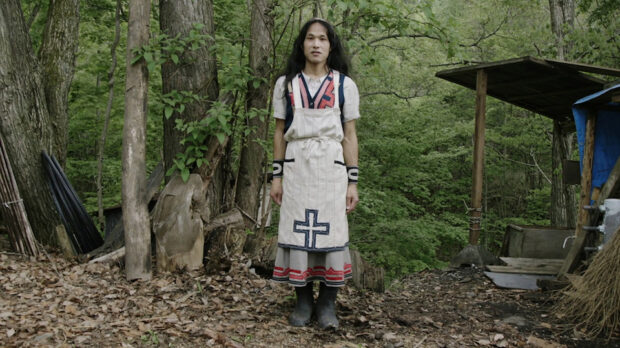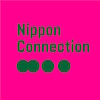In 2019, the Japanese government passed a bill officially recognising the Ainu of Hokkaido as an indigenous people of Japan. The move was a landmark for a first nations people that had largely been referred to as ‘vanishing’ — if they were acknowledged at all — throughout the country. Indeed, following the Meiji period there was an active suppression of Ainu language and culture until formal acknowledgment in 2008.
As such, you can almost count the number of films about the Ainu (which translates to “human”) on your fingertips, but the last few years has seen at least three international releases of Japanese films about their indigenous peoples. Two of those films are being featured at Nippon Connection 2021, allowing international audiences to glimpse some aspects of Japanese culture that have been historically suppressed.
Takeshi Fukunaga’s AINU MOSIR (アイヌモシㇼ) is a dramatic narrative feature following Kanto (Kanto Shimokura), who finds a path in the forest that he hopes will connect him to his late father. Building up to the ritual of Iomante, in which a bear is raised to the age of two and sacrificed back to the gods, it’s a slow burner.
The film is as much about coming of age as it is about a crisis of cultural identity. It quickly gets to the heart of the tension between wider recognition of Ainu peoples and cultural attitudes to some of the practices, specifically the animal rights interests in the Iomante. Fukunaga deftly controls the seasonal shifts, and never shows much of the bear slaughter beyond clips from a 1970s documentary.
Neo Sora and Laura Liverani’s documentary AINU NENO AN AINU (アイヌネノアンアイヌ) is a more observational piece. Based on a photographic series Liverani began in 2012, it examines the ways in which the Ainu are keeping their language and culture alive in contemporary Japan. There’s Ainu radio stations, for example, that not only keep the language alive but teach it to a new generation. On the flip side, there’s plenty of personal stories of prejudice and abuse in everyday life.
The danger of these kind of films is that there is an element of cultural tourism or taking a colonial anthropological view of a living culture. This is acknowledged by at least one of the people interviewed. “Some people criticise us for Ainu tourism,” says one representative for a local museum in Sora and Liverani’s film. “The culture that exists today is because of the tourism.”
The only real antidote to this circular logic is seeing more stories, and hopefully films, by Ainu peoples. Naomi Mizoguchi’s consultative 2019 documentary (Ainu: Indigenous Peoples of Japan) is another film that provides a pathway for Ainu elders to tell their own stories. 2010’s Tokyo Ainu looks at urban indigeneity with a strong focus on own voices. Likewise, AINU MOSIR, which has cast Ainu people, and the collaborative AINU NENO AN AINU is a start in the right direction.
The 21st Nippon Connection Film Festival, held exclusively online from 1 to 6 June 2021, has a slate of 80 current Japanese short and feature-length films playing online in Germany with selected films available outside the country as well.







